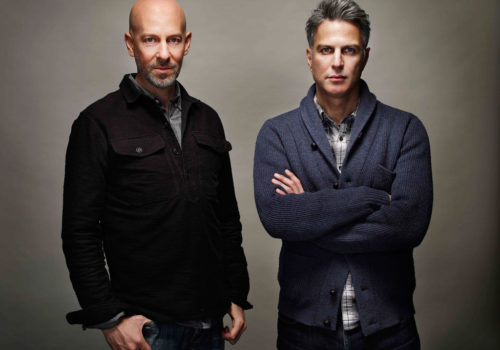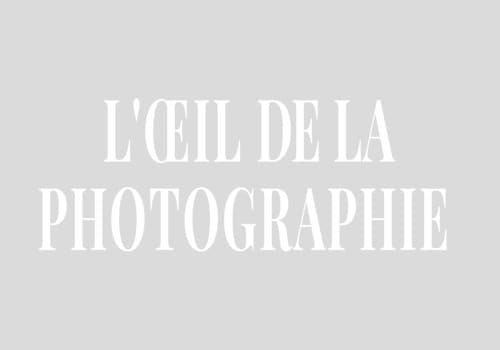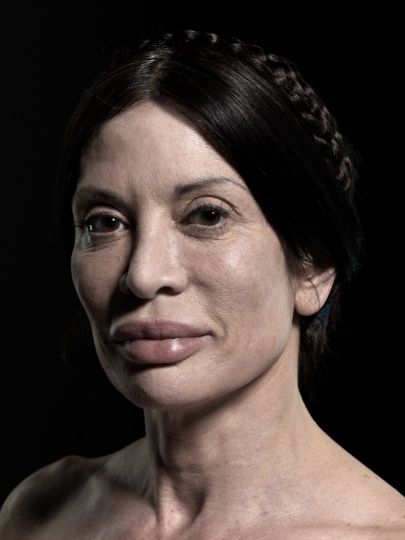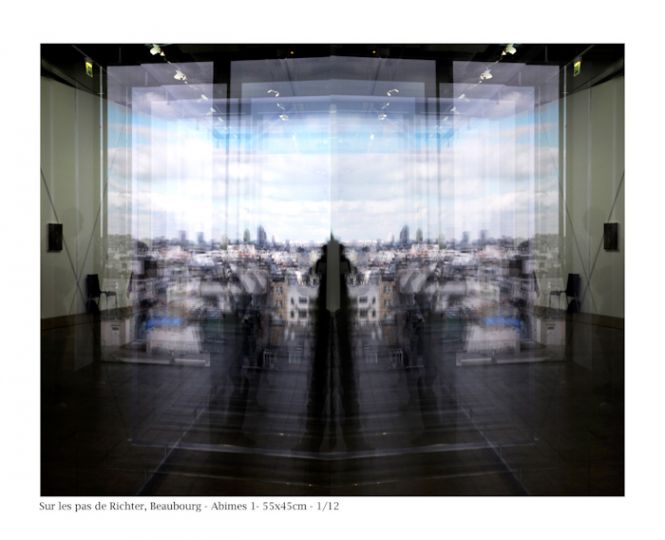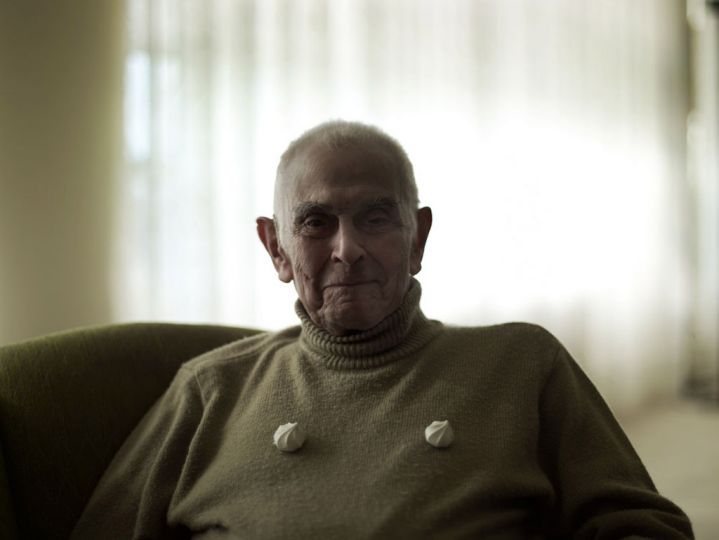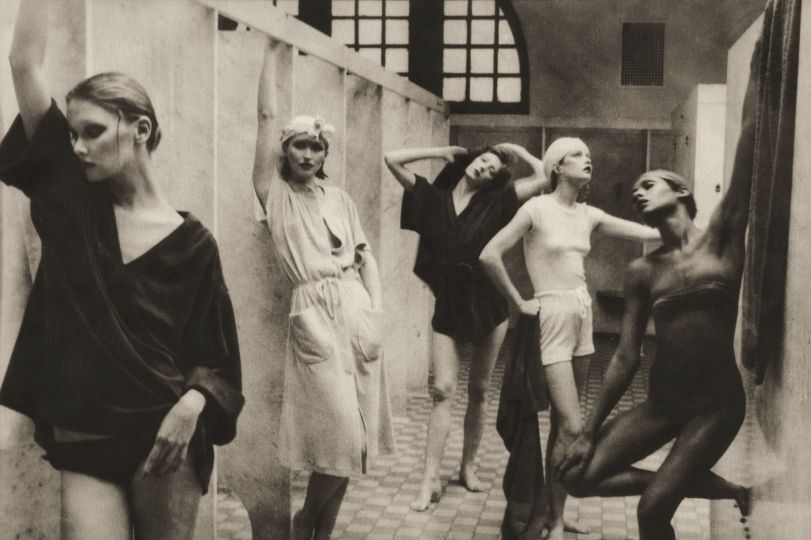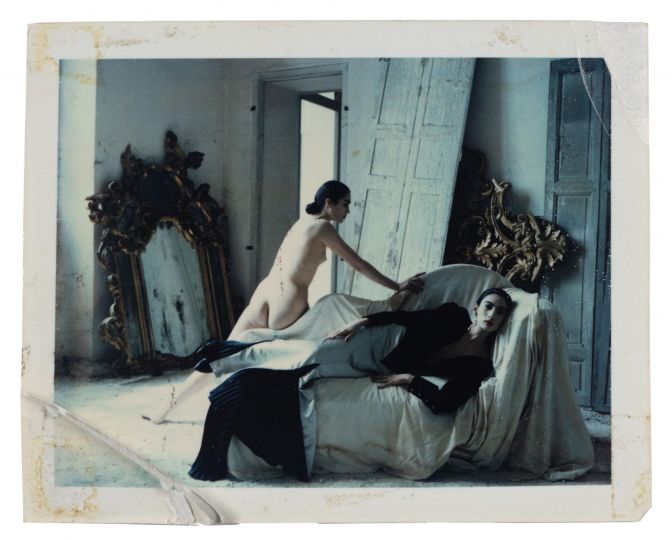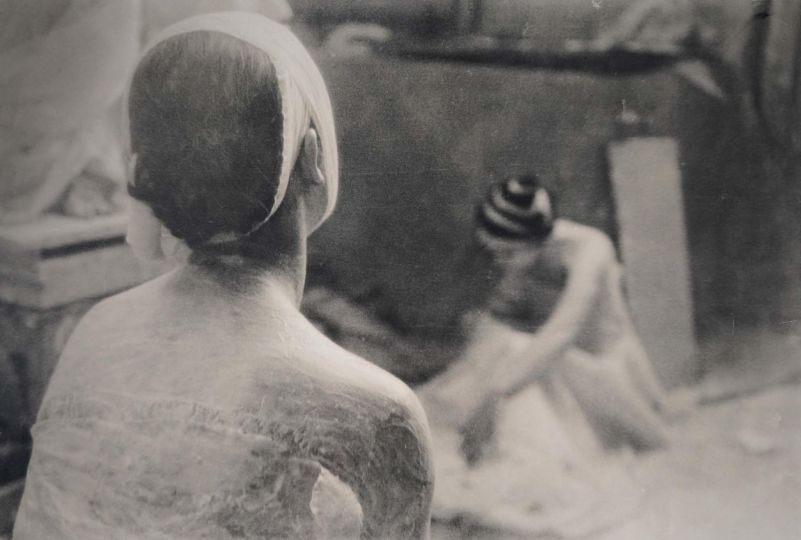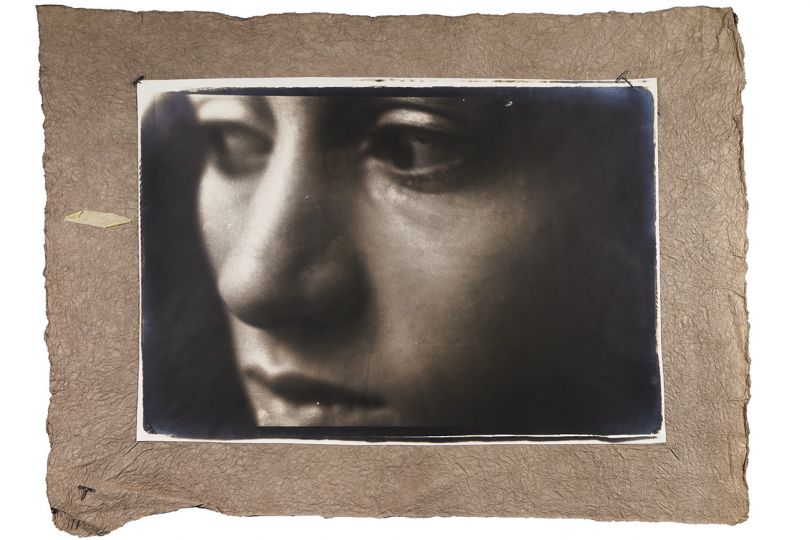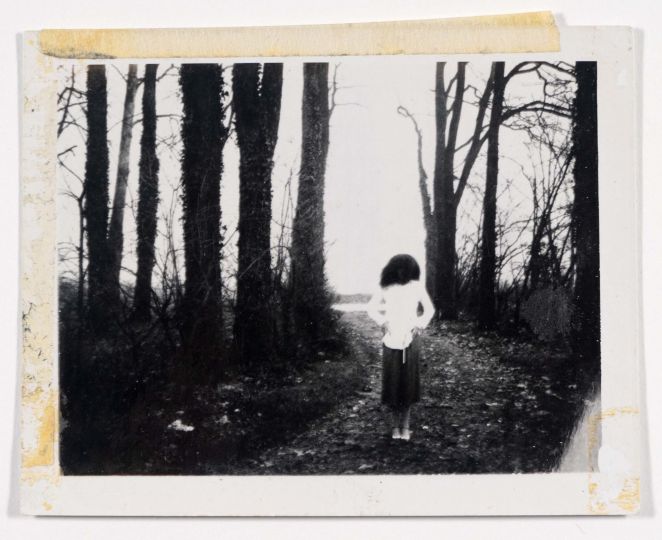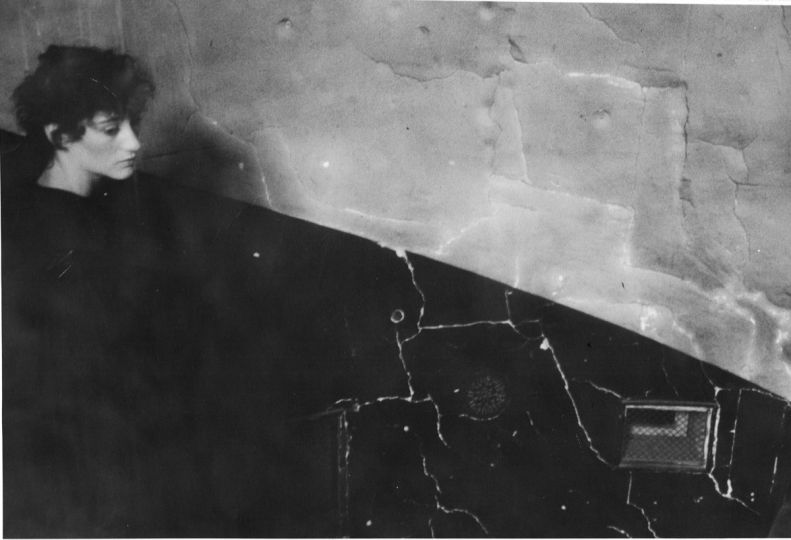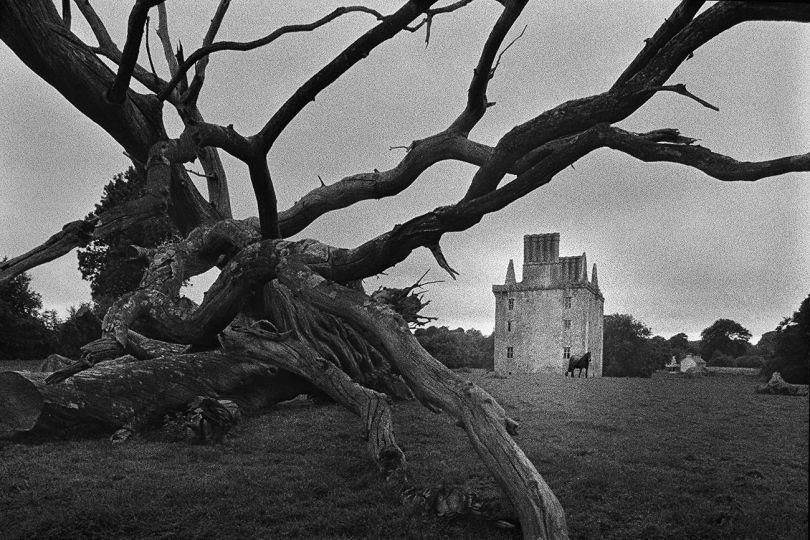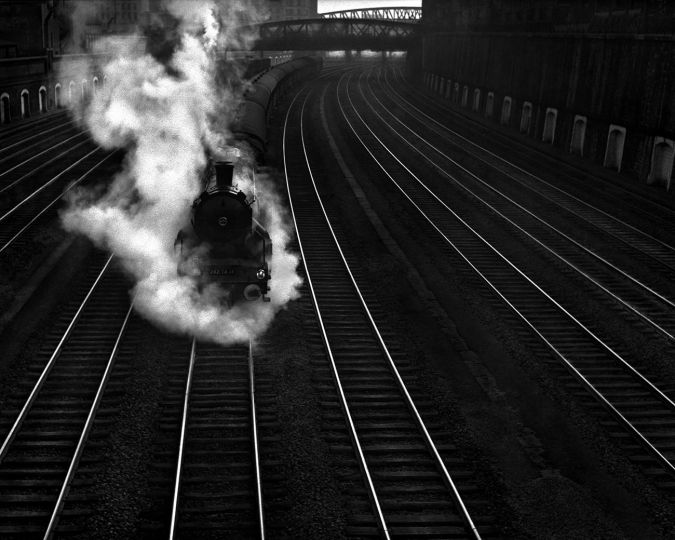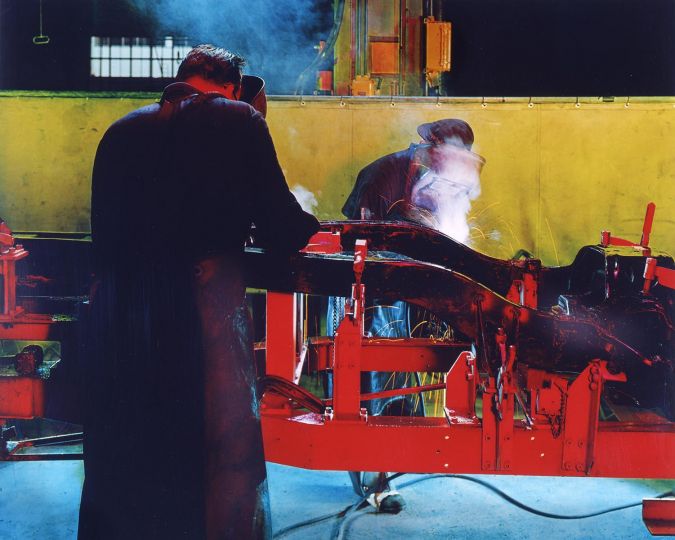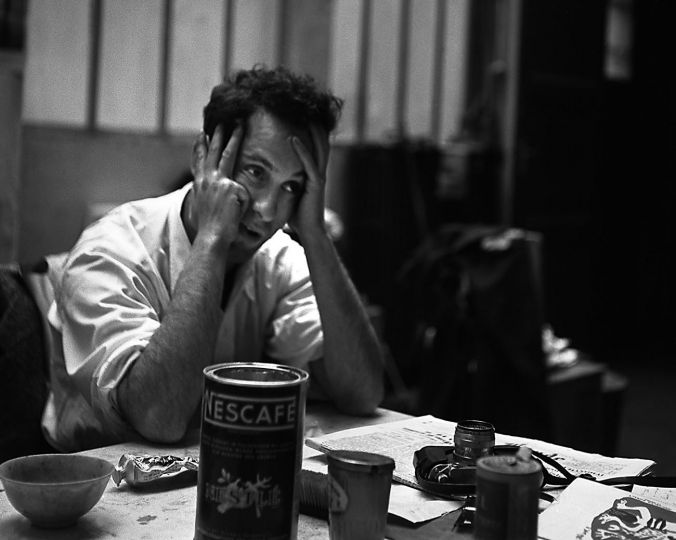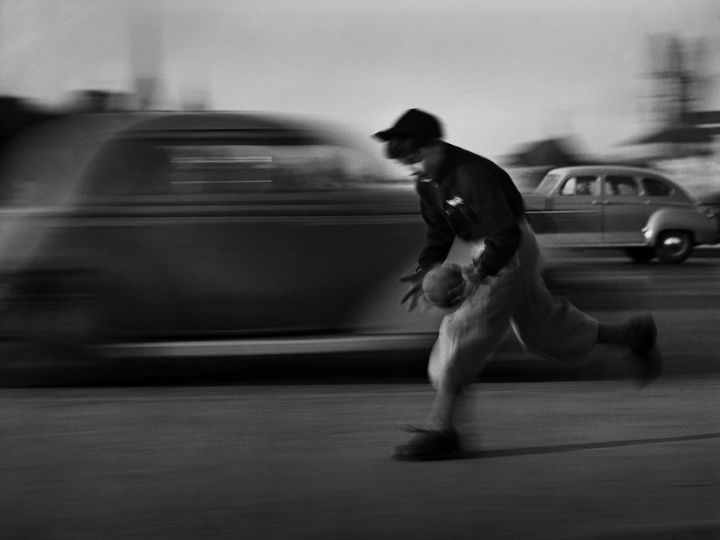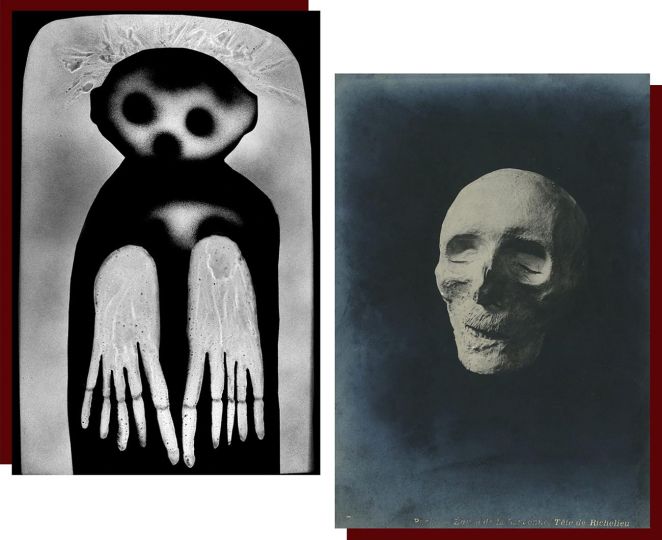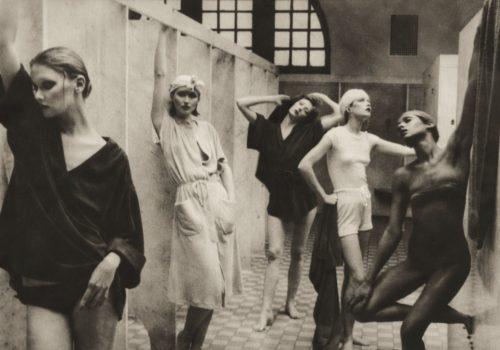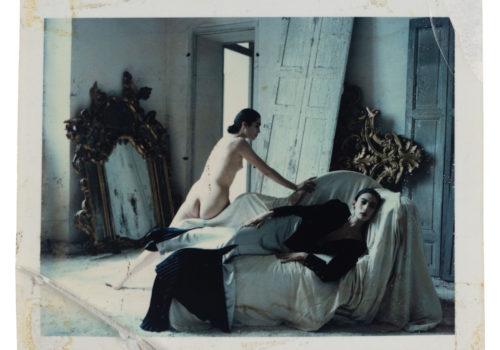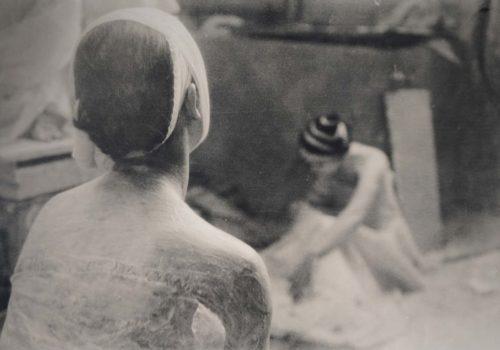Award-winning filmmaker Joshua Seftel’s new documentary, The Many Sad Fates of Mr. Toledano, will have its world premiere at the 2015 Tribeca Film Festival at 9:30 pm on Thursday, April 16th, 2015. In the film, Seftel follows NYC photographer Phillip Toledano, who has recently become obsessed with his own future. While most people avoid thinking about fears of the future at all costs, Toledano has decided to face his head on. Using DNA tests, fortune tellers, and a prosthetic makeup artist, Toledano immerses himself in the many dark possibilities that frighten him most, including obesity, desolation, stroke, isolation, suicide, and violent death. Over the course of three years, Toledano becomes dozens of characters and captures these bleak possibilities in a series of haunting photographs – despite his wife’s pleas to abandon the project. Her pleas fell on deaf ears, so she is forced to sit on the sidelines, worrying that this project will leave Toledano unable to ever imagine a positive future. Toledano’s obsession alters him and his family forever.
Director Joshua Seftel and photographer Phil Toledano first became friends 25 years ago when they both attended Tufts University. Seftel says, “a little over three years ago, I ran into Phil just after his father had died. My father had also just died. Phil talked about his new project with psychics and prosthetics. It resonated with me in part because of the passing of my dad, because I was grappling with a lot of the same things Phil was dealing with.” Toledano adds, “when Josh asked to film me, I agreed because I trusted him. That trust matters when you’re exposing the inner mechanism of your unfinished art.”
Seftel adds, “it’s disturbing to spend three years watching a friend and contemporary explore his demise over and over in graphic and horrifying ways. It definitely led to me having nightmares and general anxiety. But there’s something about staring this stuff in the face that made me smile and laugh a lot too. And that part is liberating.”
Interview with Phillip Toledano
How did this documentary project come about and what did you know about the filmmaker?
Me and Josh (Seftel) were talking and I told him what I was working on, and then naturally (laughs), he was fascinated. We went to Tufts University together and we were friends. Also, I had seen
some of his stuff, like Taking on the Kennedys, which I thought was smart and interesting, and I guess I trusted him. That trust matters when you’re exposing the inner mechanism of your art when it’s
unfinished.
How did you feel when you were first approached to be the subject of a documentary?
Well, it made sense to me because in some ways, I had a feeling that the journey and the experience was going to be much more important than the end result, because it was so much more involved than anything I’d ever done before.
As someone who often creates images of yourself and controls those images, what was it like having a crew following you and making images of you that you couldn’t control?
Well, I’ve never been the subject of a film – but I never really thought about the end product. With a photo, you can see the thing right in front of you, so you can see if you like it or not right away, but with a film, it’s all this intangible mystery. It’s kind of like your wife being pregnant. As the father you’re not the pregnant one, and then all of a sudden there’s a baby there, and it’s like that with a film. You don’t think about it until you see it in front of you, and then you really think about ‘well, it could have been this… or that.’
What was the most difficult moment to being filmed?
My deep attraction to Josh (laughs)… but really, the tricky thing about having a documentary film made about you is that there is already so much for you to consider when you’re making art, and the filming was something else to consider. But on the other hand, Josh and I would have long interviews on camera about the work throughout the project and in some ways that was really invaluable, because I was talking about it with someone else as the project was happening, and that allowed me to think about it in a different way than I would have if I was just making it on my own.
It’s almost like you were being forced to check in occasionally…
Right, and I think that was actually very helpful. I had some epiphanies and realizations along the way, and it’s impossible to say whether or not I would’ve had them without the interviews, but most of them happened within the context of the interviews. I work best when I’m in conversation, that’s how I hone my art, so the fact that I could talk continuously to Josh about this idea probably made it better. There are artists that are very secretive about their work but I’ve always been happy to talk about it with other people.
Were there other memorable moments in the process?
Every time we ate Chipotle! It was the fuel that powered the whole three years.
Why did the project last three years? What took so long?
It was hard to do for so many reasons… financially, mentally, organizationally – it was just a lot for me to manage on my own. When I look at the film, I can see at how dark my hair was, and I can see how quickly my graying has accelerated!
How did you feel in these moments when you were becoming all of these different characters?
Well in the wheelchair, it made me think of my father and our life together. The one where I was dead, I actually thought about my family a lot. I was definitely occupied with getting the shot just right – was my acting good, were my assistants paying attention, what was the film crew doing – but I did try to take some time during each shoot to just sit and be that character.
Were you nervous before you saw the finished film?
I didn’t want to see the film at all! The best analogy I can think of is this – who wants to come home and listen to yourself on an answering machine for half an hour (for those of you who still know what an answering machine is…) I was afraid that I’d sound stupid, I knew I’d look funny….
What did you think of the film?
I was just so overwhelmed with relief and joy. It was really emotional for me. I was expecting to just be hyper aware and critical of myself but I ended up being just a guy watching the film and the film was good. I got caught up in the narrative and the arc, and I wasn’t expecting that.
Were there things that you didn’t remember happening that were in the film?
(laughs) I don’t remember being so incredibly handsome….
Did anything about watching the film surprise you?
The film as a whole surprised me, but I was particularly surprised by how extraordinarily emotional my wife Carla was in the film. I had been aware of it but when it was compressed into a film, that awareness became a lot stronger.
Do you think that the project helped or hurt your relationship?
I think it was detrimental at the beginning but by the end, I think it was a good thing for us. However, it easily could have been a bad thing for us, particularly for Carla. She was much more worried about the consequences of the project than I was – I don’t think about consequences much. As an artist you can’t be worried about consequences, otherwise you’d never make anything.
Would you ever be the subject of a doc again?
I don’t see why not. Clearly I’m happy to be in front of people! In certain ways I understand why Josh picked me, and some part of me likes that, but it certainly made making art harder. It’s a bit of a solitary thing when you make art, and this was very public in so many ways. If I was doing this the usual way, it would’ve been just me and my assistants, but having a film crew that was an impartial witness was like doing a play before you’ve rehearsed – it’s a very vulnerable and fragile situation.
SHORT DOCUMENTARY FILM
The Many Sad Fates of Mr. Toledano
Seftel Production
Directed by Joshua Seftel
Running time 26 mn
http://www.seftel.com
Synopsis
In his latest project, photographer Phil Toledano has become obsessed with his own future. Filmmaker Joshua Seftel follows as Toledano uses DNA tests, fortune tellers, and a prosthetic makeup artist to envision the many dark possibilities that might await him, including obesity, desolation, stroke, isolation, suicide, and violent death. Over the course of three years, Toledano becomes dozens of characters and captures these bleak possibilities in a series of haunting photographs. Meanwhile, his wife and daughter sit on the sidelines, worried that this project will leave Toledano unable to ever imagine a positive future.
BOOK
Maybe
Phillip Toledano
Released in June 2015
hardback 76 pages, 37 colour plates & illustrations
170mm x 240mm
ISBN: 978-1-907893-71-1
£30.00
http://www.dewilewis.com

